Blizzard reveals a new era of Overwatch 2: Bigger health bars, self-healing, and a reworked Competitive mode
Season 9 shifts how every hero is played as Blizzard lays the foundation for the future of Overwatch.
The list of changes coming to Overwatch 2 next week are bigger than anything Blizzard has done since the introduction of 5v5. In some ways, it's a new era for the hero shooter that has struggled to find its footing in the year since its release.
To start, Blizzard is increasing health pools across the entire 39-hero roster. Squishy heroes, like Tracer, will go up 25 HP, while tanks will go up as much as 100 HP. But don't panic about beefier DPS heroes chasing you down, Blizzard is also making it easier to hit them by increasing the size and speed of almost everyone's attacks, be it literal bullets or projectiles, like Genji's shuriken.
"One of our main goals with these adjustments is to make firing your weapons and abilities feel more consistent without impacting the time to eliminate a target, without removing the overall feel of gameplay we all know and love." Blizzard wrote in a blog post.
Reinhardt and his giant hammer, however, won't benefit from the buffs. The changes are limited to heroes with guns of some kind. But Blizzard says it's looking to tweak outliers in future updates.
The goal is to reduce instances of dying to quick bursts of damage and the number of times someone is saved by a sudden burst of healing. Specifically, Blizzard says the new health values will require "at least one more hit from most heroes to eliminate an enemy," and that it "will take longer to heal someone from 1 HP to full health."
DPS will have a new passive that reduces the amount of healing the hero they're shooting at will receive by 20%
Logically, this means team fights will last longer if health pools are more stable. But to keep it close to the speed of an Overwatch 2 fight today, DPS will have a new passive that reduces the amount of healing the hero they're shooting at will receive by 20%, and all heroes will get regenerating health, as announced a few weeks ago. Tanks and DPS will gain 20 health per second after five seconds of not taking damage, and supports will regenerate after 2.5 seconds (previously 2).
With zero buffs to healing abilites, I suspect support will start to resemble the role as it's played in MOBAs, where the focus is on clutch saves and setting up kills for your team rather than overpowering incoming damage with raw healing—a direction Overwatch 2 has already been creeping toward since the sequel's release. A hero like Mercy might have to rely on her damage boost beam over her healing beam simply because her healing can't outpace the new DPS passive.
Keep up to date with the most important stories and the best deals, as picked by the PC Gamer team.
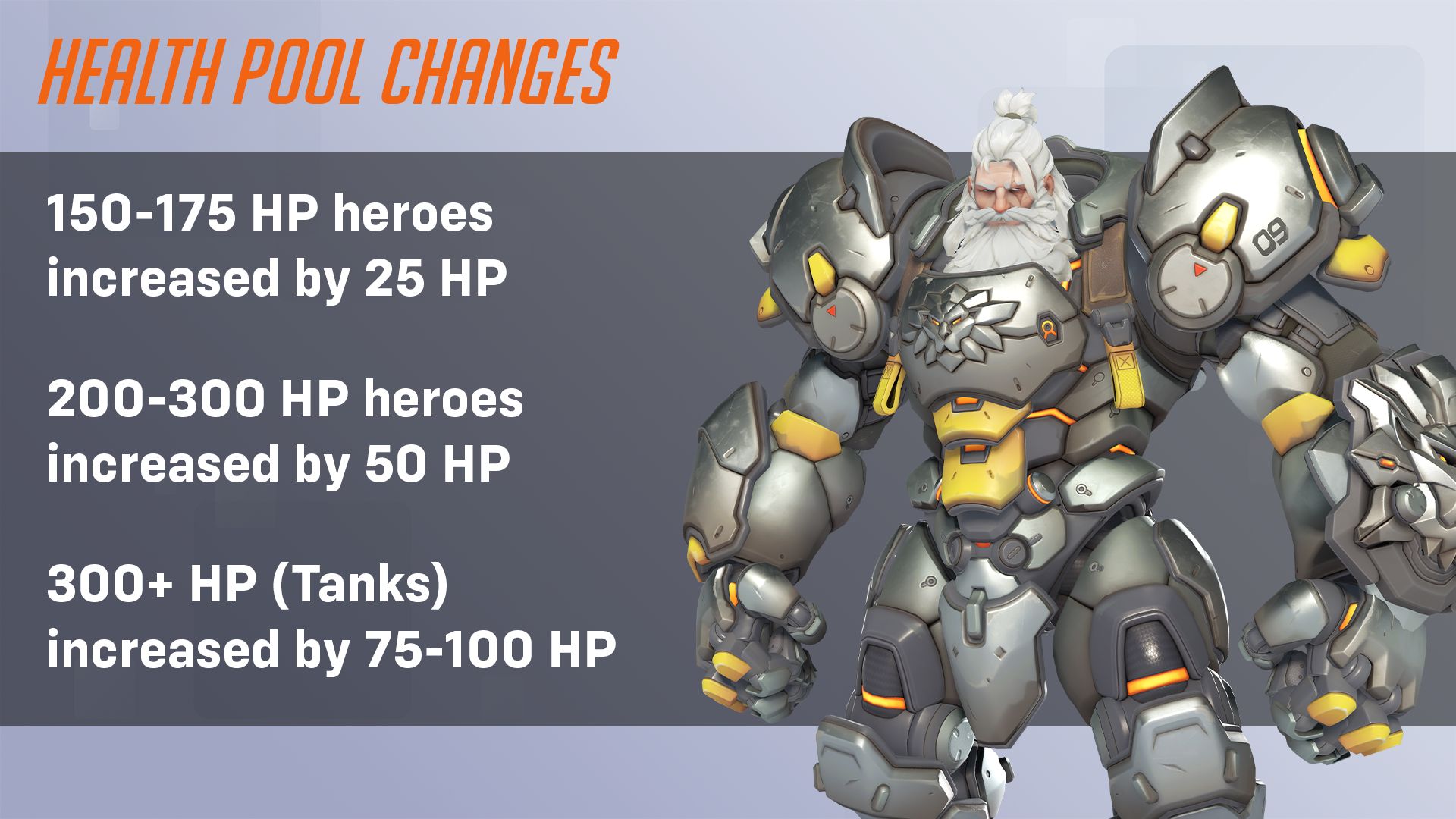
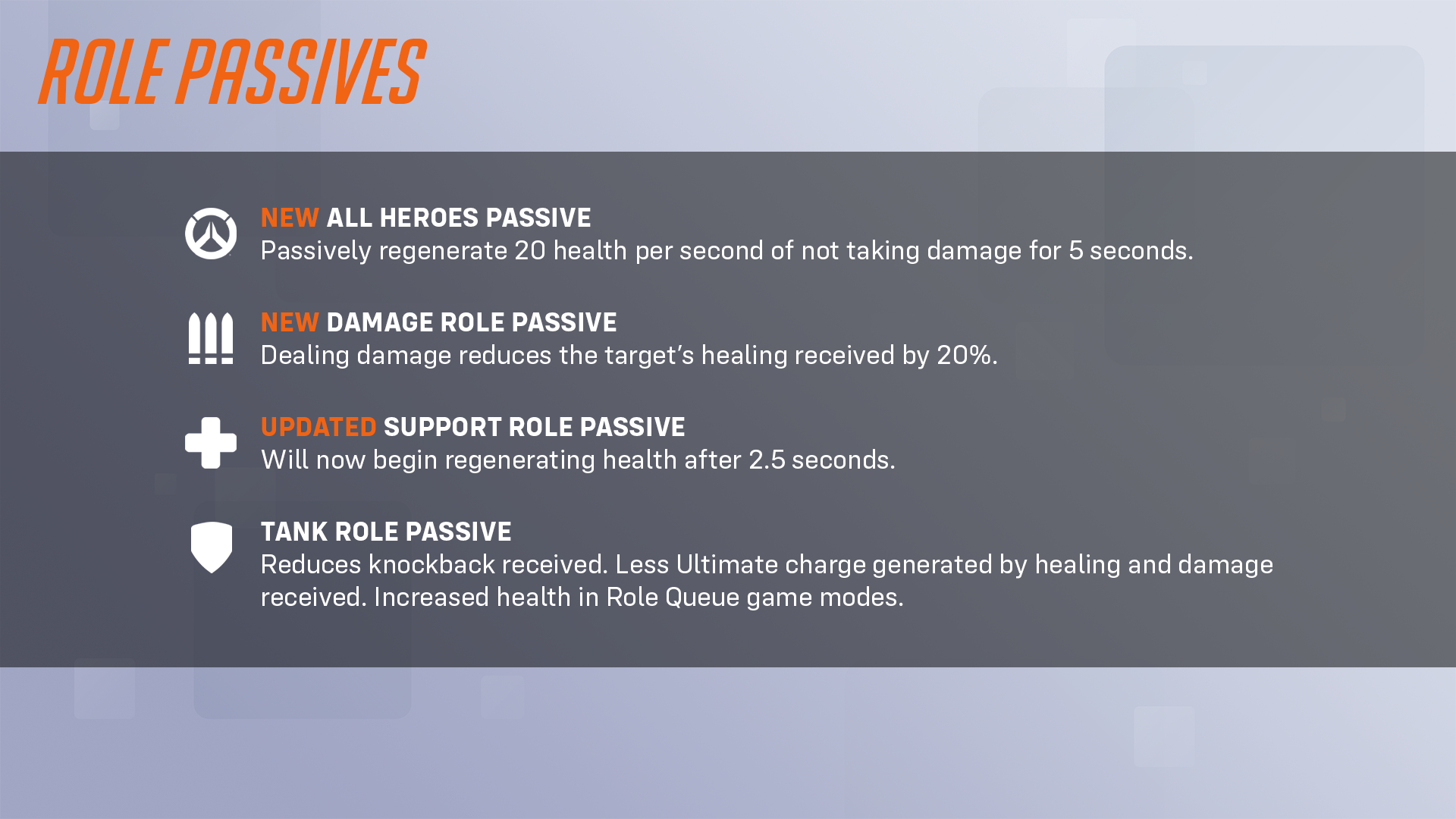
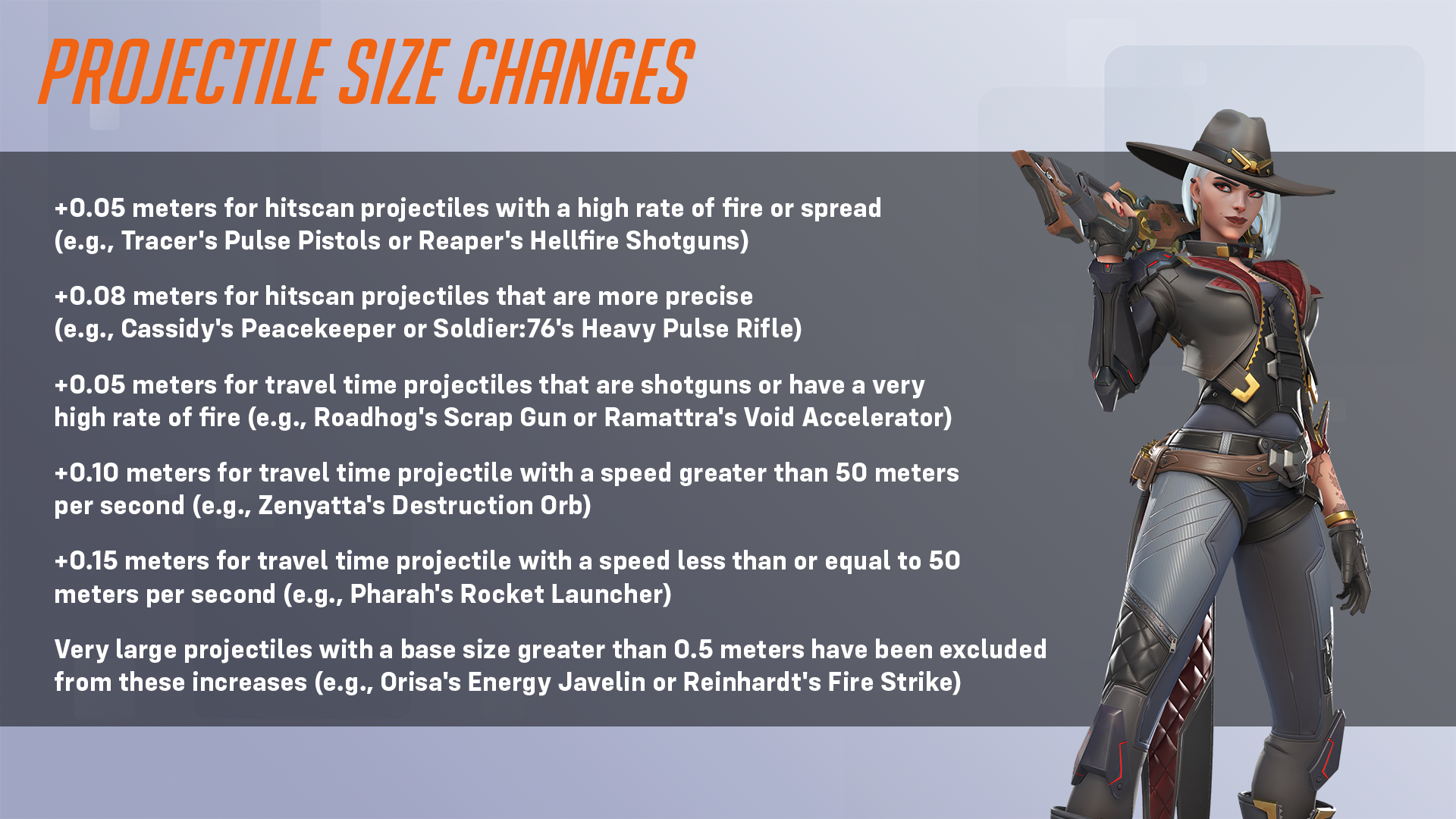
Although Blizzard says time-to-kill will remain the same as it is now, role priorities have shifted. Success in an Overwatch match will come down to which team shoots at the same target faster, which has always been true to an extent, but will now be reinforced by larger bullets and reduced healing. Weaker heroes, like Mei or Moira, won't be able to easily kill anyone on their own. Wasting time on someone who can get away and come back with full HP will be a liability if your team doesn't work together to pin them down.
As I wrote when the regenerating health passive was announced, I'm skeptical of the way Blizzard wants to narrow the focus for every hero in the game to securing kills, even if the goal is to alleviate the inconsistent teamwork from match to match. Simplifying the goal of a match runs the risk of flattening the playstyles, or erasing the creative ways players can help their team without even firing a shot. Season 9 might not take a sledgehammer to the entire meta as we know it, but Blizzard is creating cracks in the foundation of how Overwatch has been played for years, and I'm not convinced that's a good thing.
Ranked, renewed
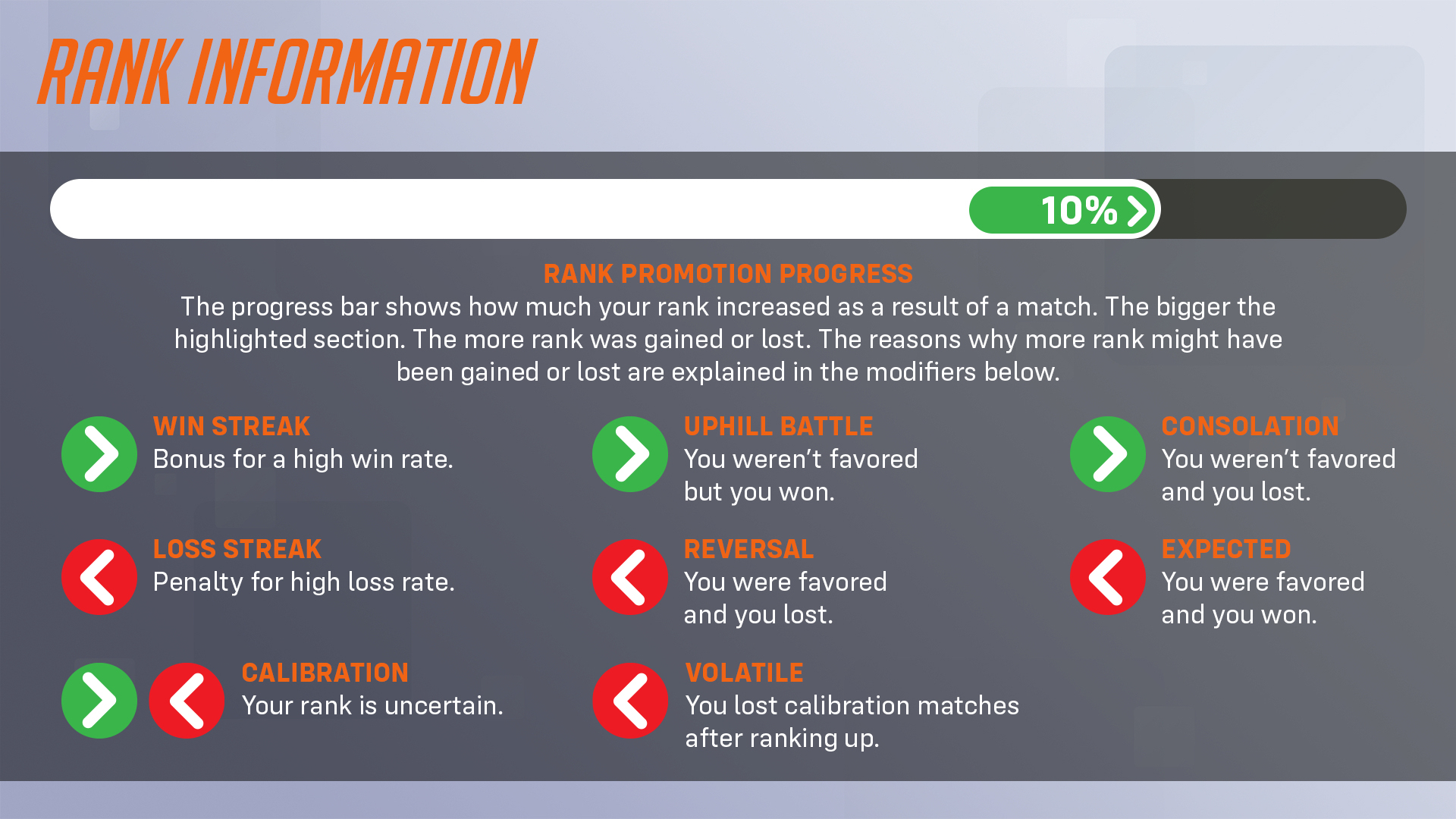
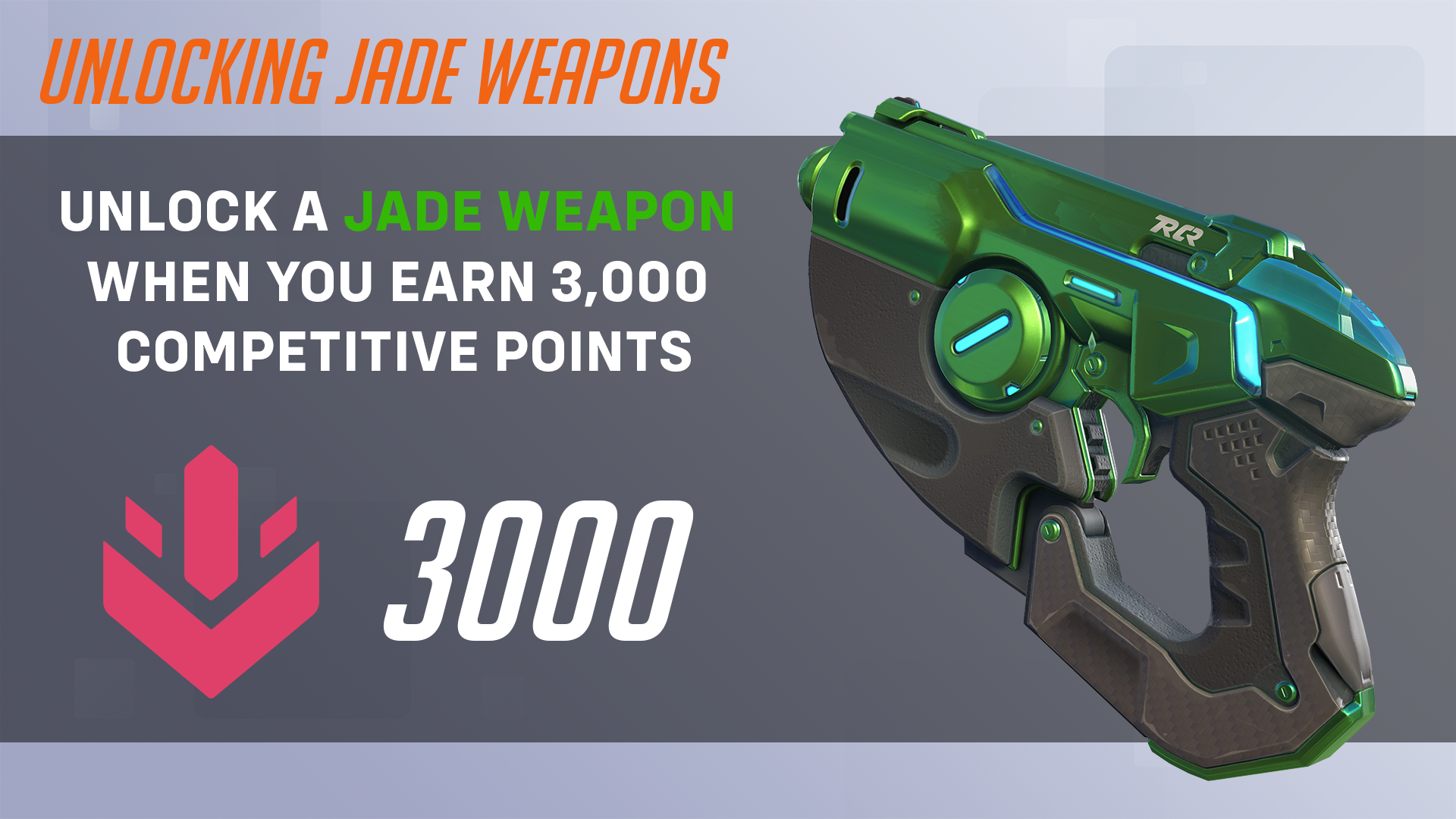
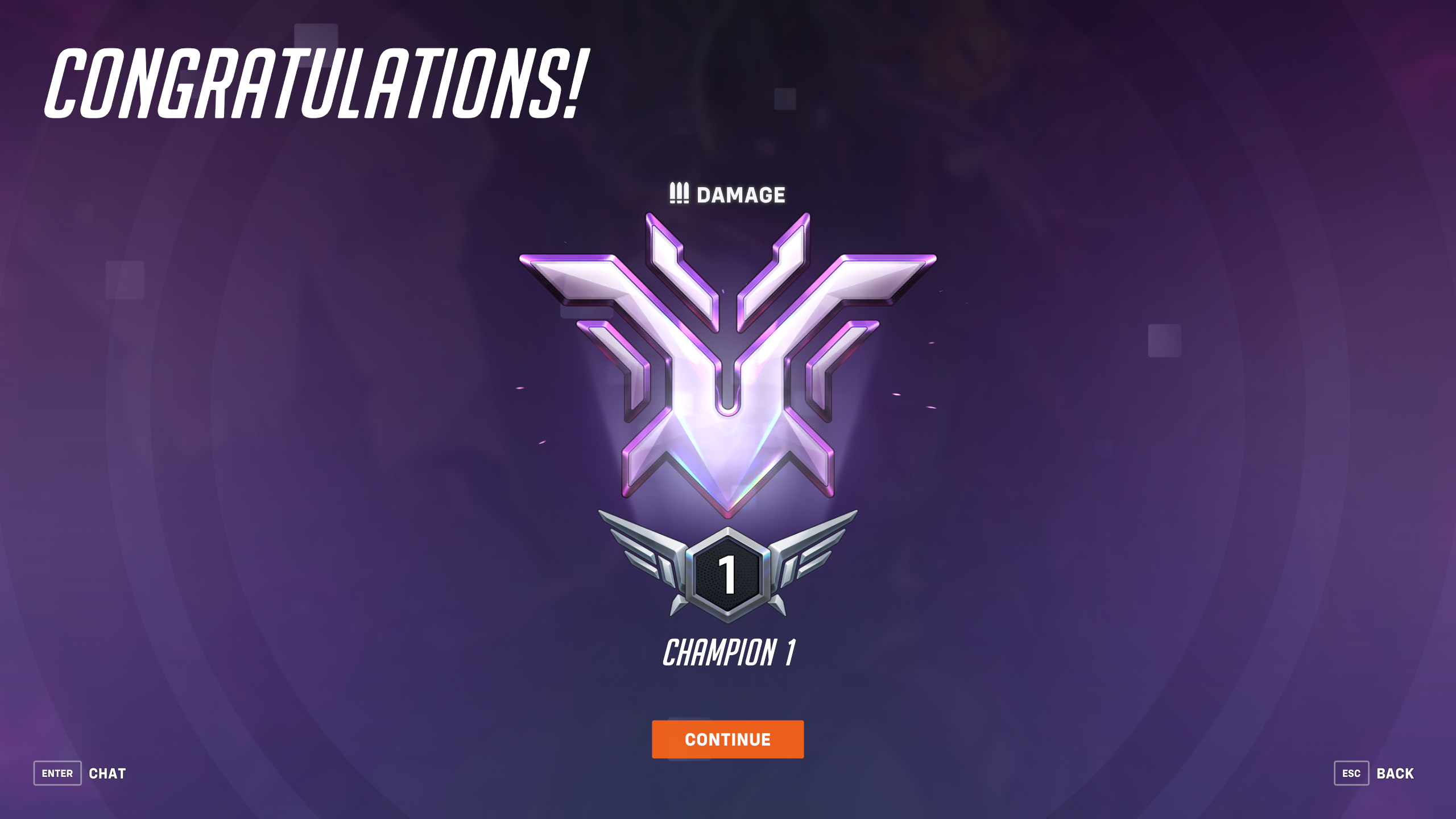
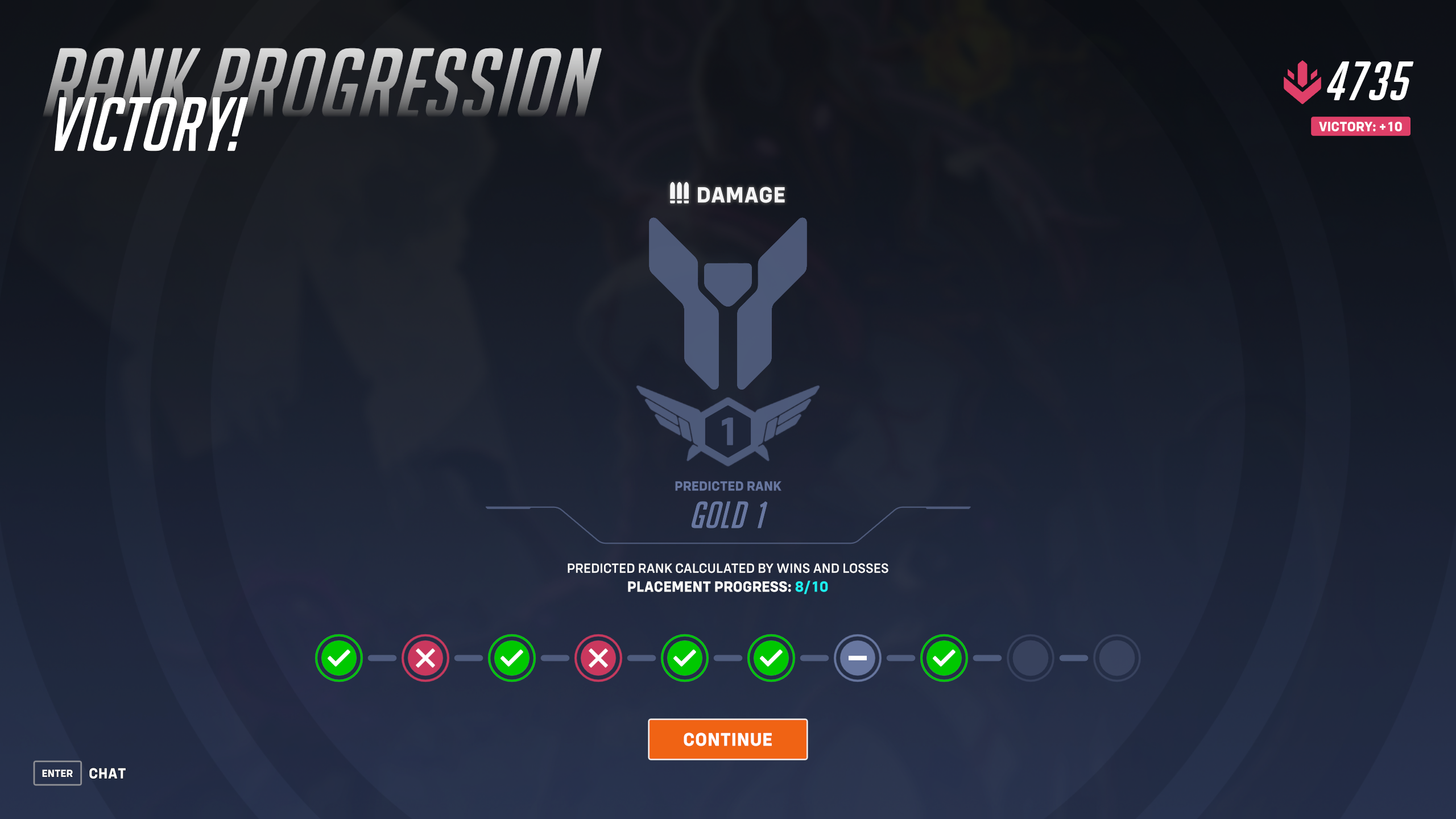
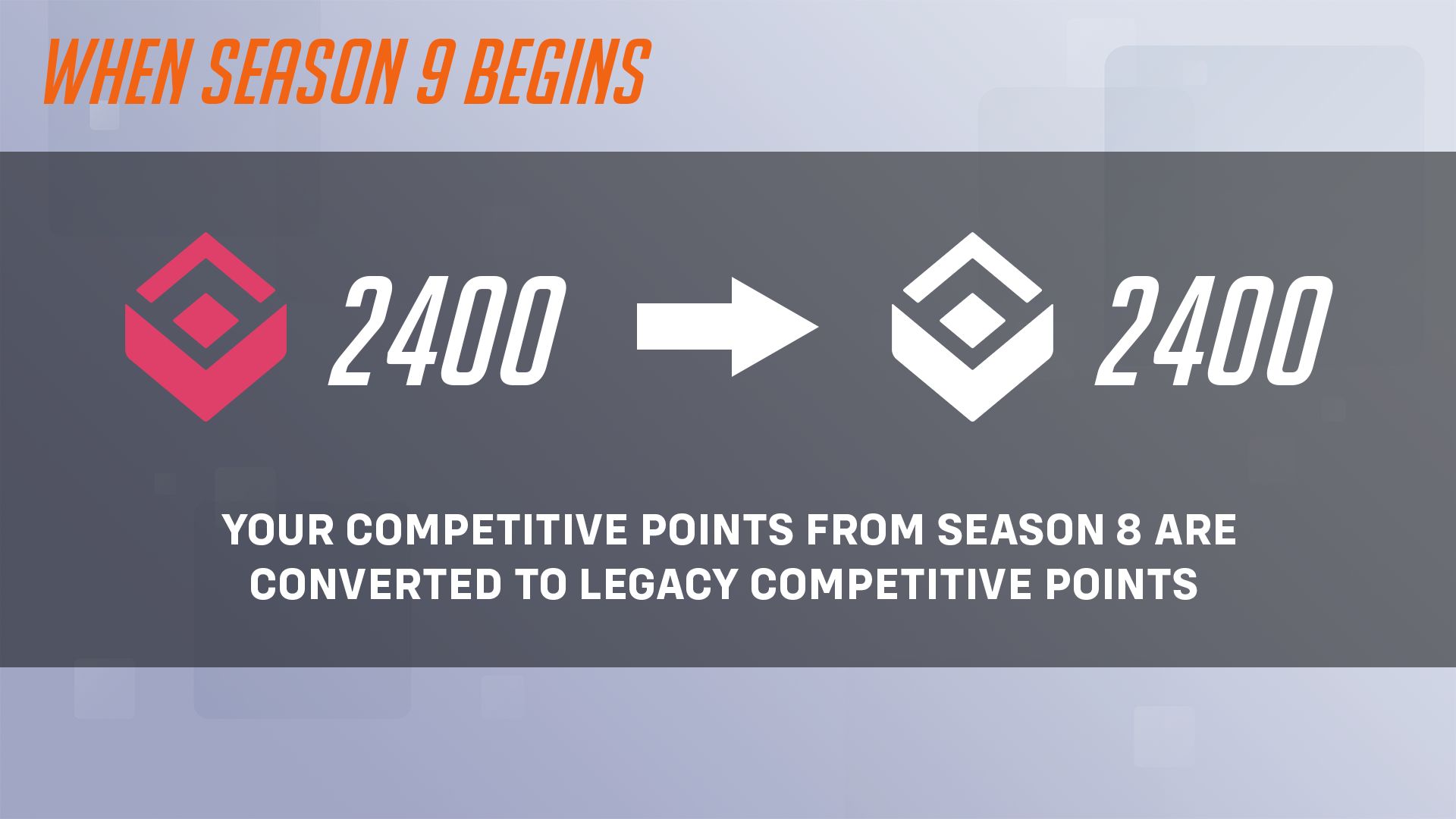
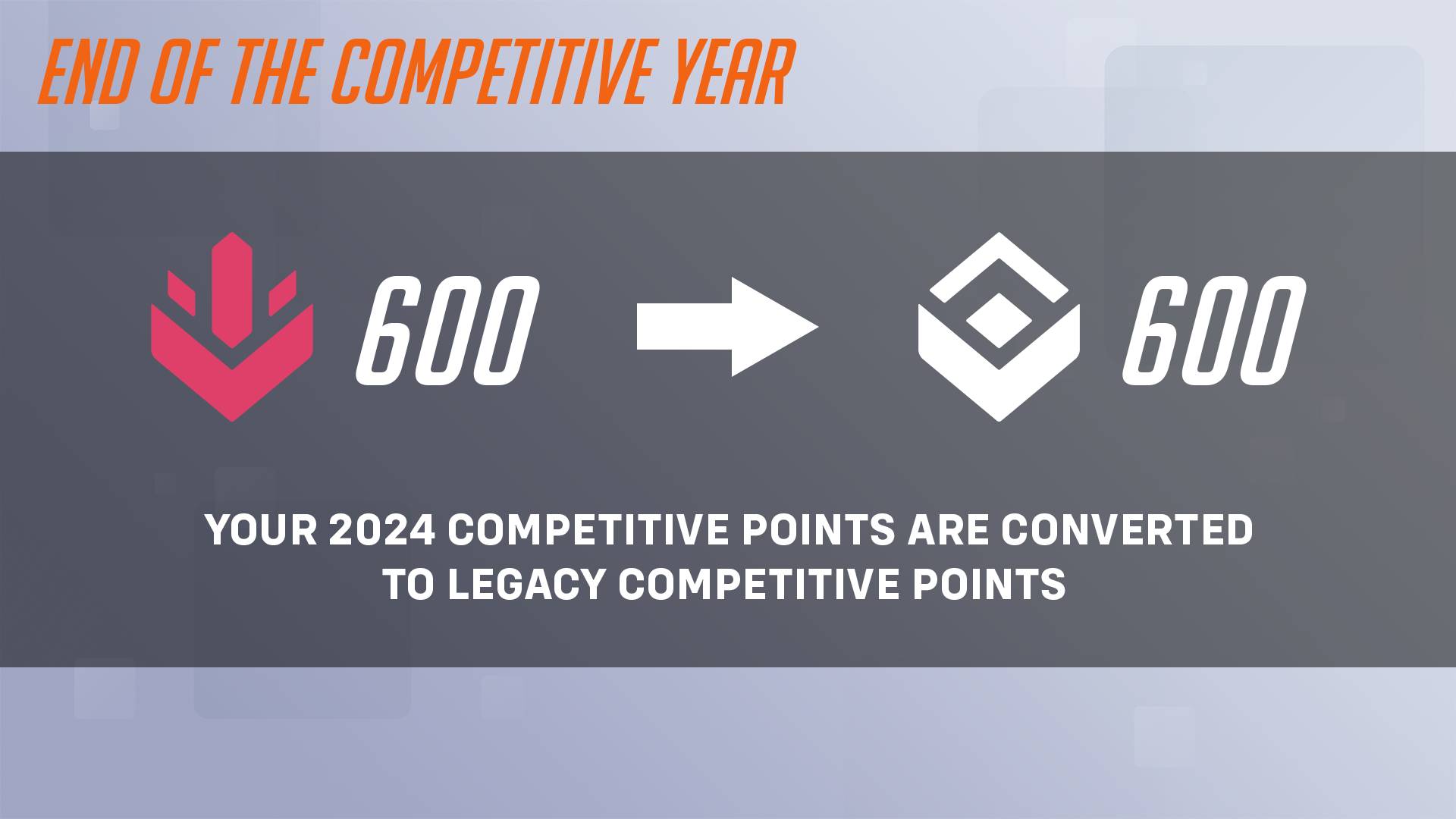
Along with these changes will be a major rework to Overwatch 2's Competitive mode. It all starts with a rank reset. Anyone who plays Competitive in season 9 will need to finish 10 placement matches before they get a rank. Every match after that updates a progress bar that tells you how close you are to a rank update with "Modifiers" to tell you why you went up or down, like going on a win streak or winning a match you were expected to lose.
"We built a better system that’s more accurate while also helping convey the meaning behind the mathematical complexity of a modern matchmaker and bring clear insights about what impacts your rank in every match," Blizzard wrote.
Competitive rewards are changing too. Old Competitive Points (CP) used on golden weapons will become "Legacy Competitive Points" and new CP will be tied to the year. You still earn them for winning (and drawing) games, but won't get a bonus for achieving a certain rank each season. For 2024, you can save up 3,000 CP to unlock Jade weapon skins for your favorite heroes. Any CP you have leftover will convert to legacy CP at the end of the year.
The existing ranks will get new icons and a new Champion rank will sit above the current highest rank, Grand Master, giving high-skill players a new goal to grind for.
A first step
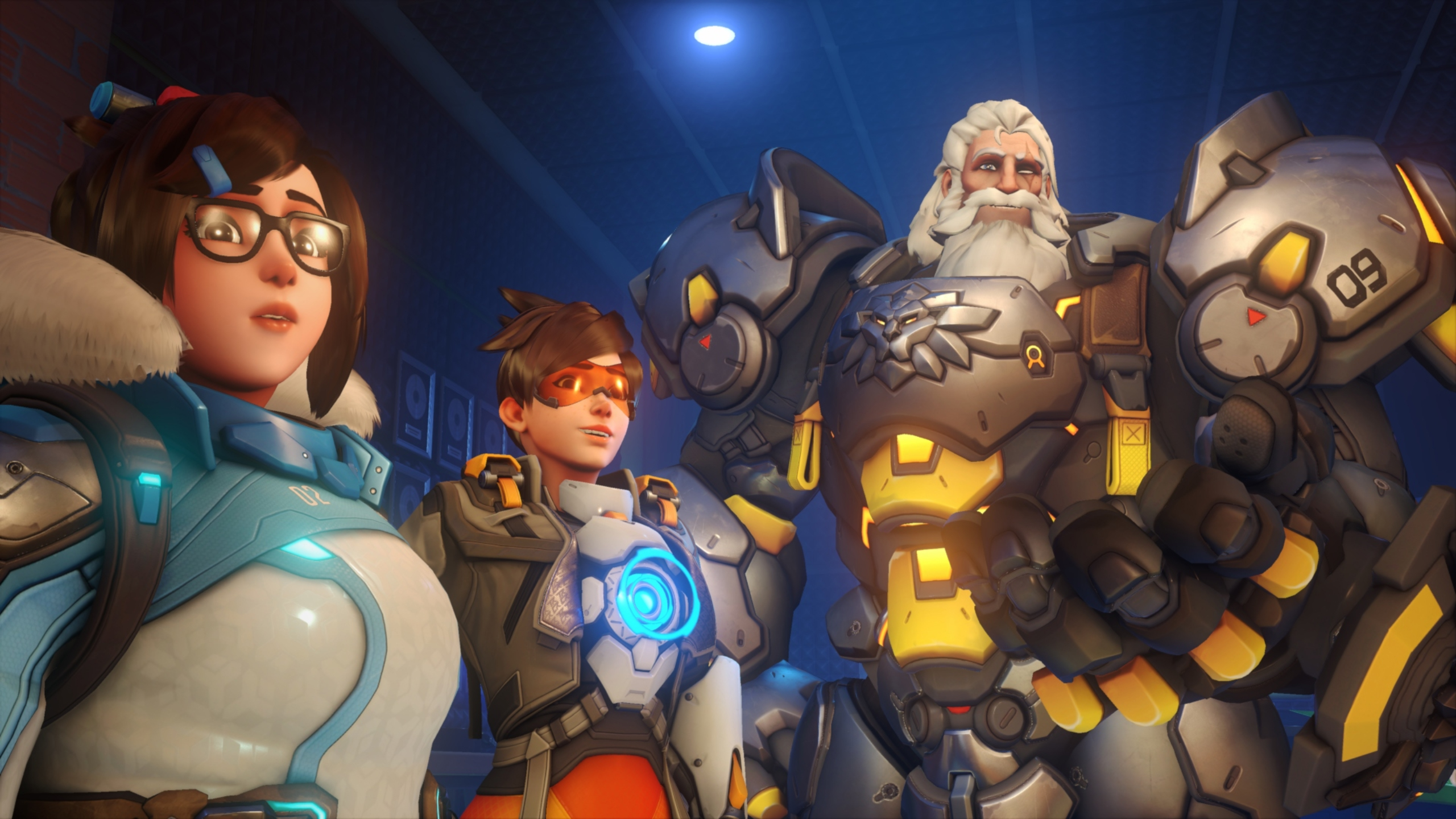
Consistency seems to be a theme with season 9. Blizzard is ironing out spikes of damage and healing as well as clarifying your ranked progress incrementally. Skill in Overwatch has been notoriously hard to define over the course of its history and most of its problems stem from a disconnect between how players perceive it and how the game's systems reward you for it. The hope, I assume, is to start to close that gap as the game moves forward with new modes and new heroes in the future.
Everything here feels like Blizzard canonizing the correct way to play Overwatch at the cost of minimizing the types of strategies you'd see in the original game. There will be fewer opportunities for creative plays like a Mei wall lifting someone up and over a building when it's far easier to just shoot at the enemy team directly. But by honing in each role, your team's goals will likely align more often, making for smoother matches and a more linear learning curve.
I can't help from being a little sad about what might be lost with a fundamental change like this, but I'm hopeful that Overwatch 2 might finally feel like a sequel with a distinct identity after a year of watching it try to figure itself out.
Tyler has covered videogames and PC hardware for 15 years. He regularly spends time playing and reporting on games like Diablo 4, Elden Ring, Overwatch 2, and Final Fantasy 14. While his specialty is in action RPGs and MMOs, he's driven to cover all sorts of games whether they're broken, beautiful, or bizarre.

